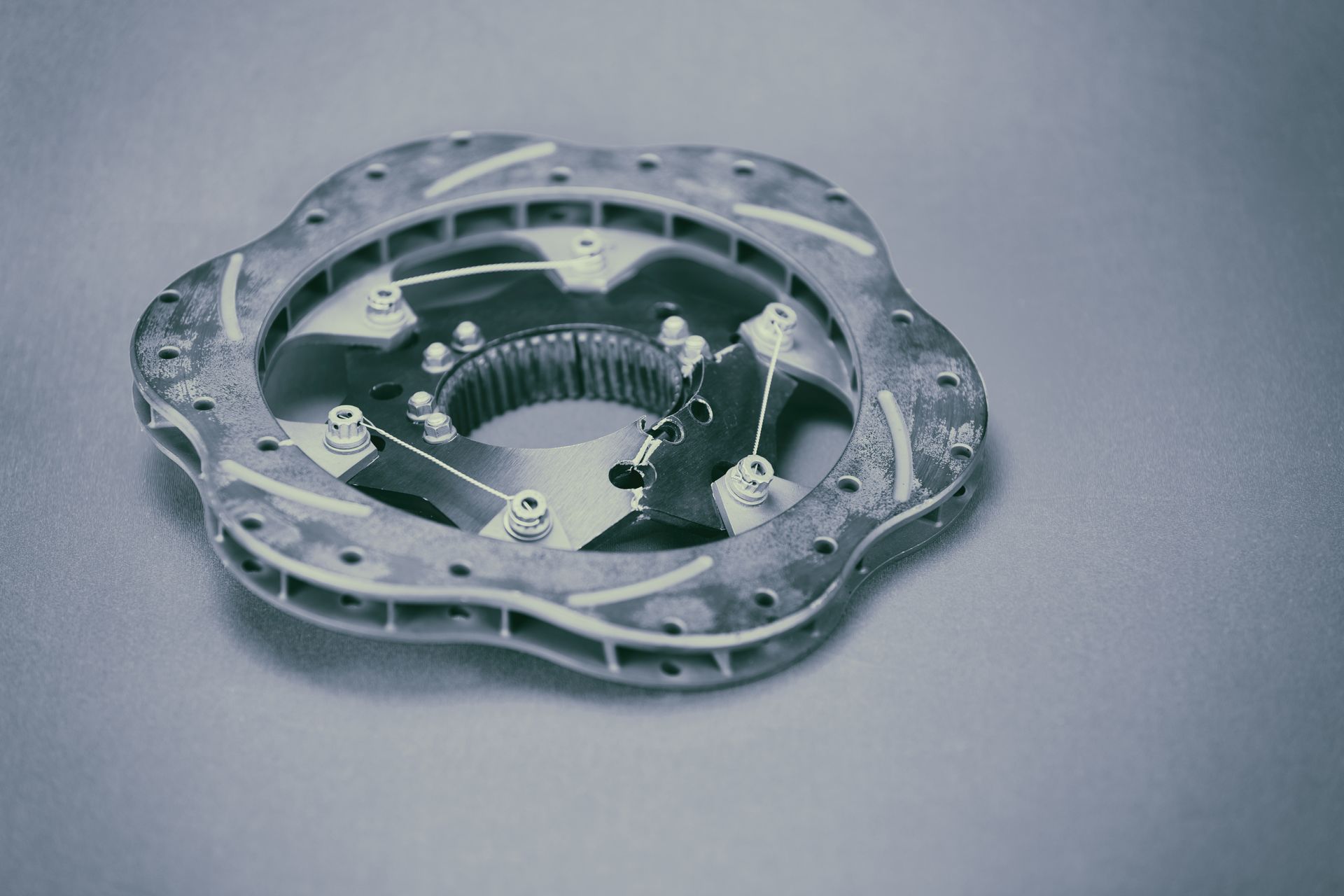Blog
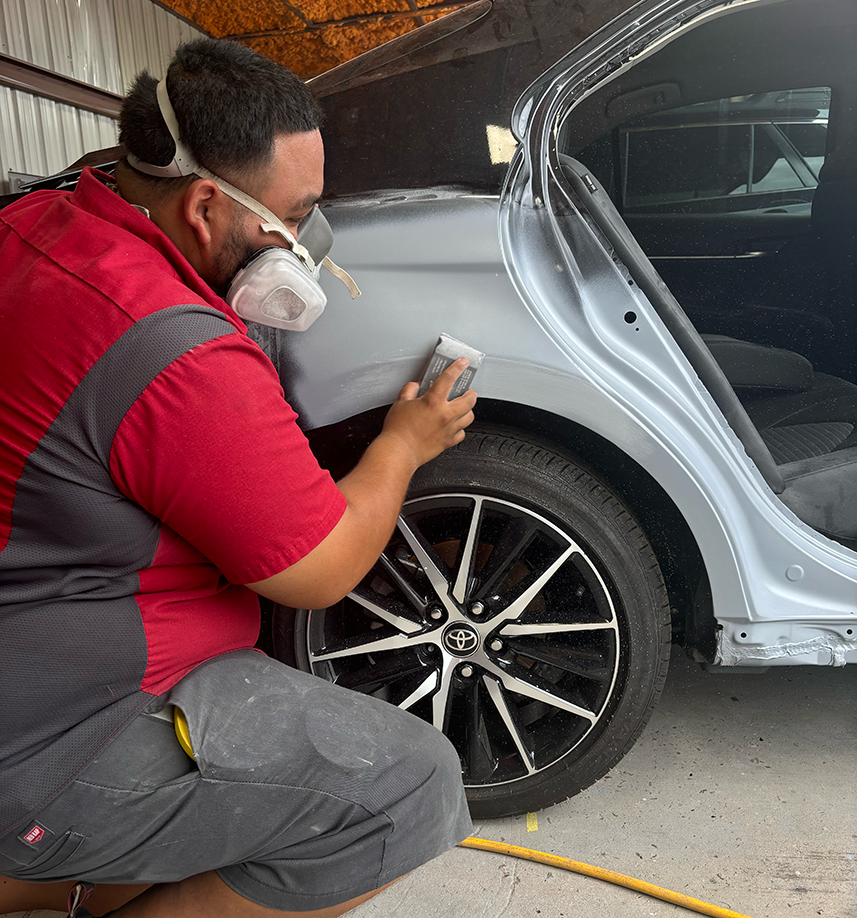
July 8, 2025
A fender bender might seem minor compared to major collisions, but even small accidents can create big headaches—especially if they’re not handled properly. Whether it happened in a parking lot or during stop-and-go traffic, knowing what to do after a low-speed crash can protect your vehicle, your wallet, and your peace of mind.
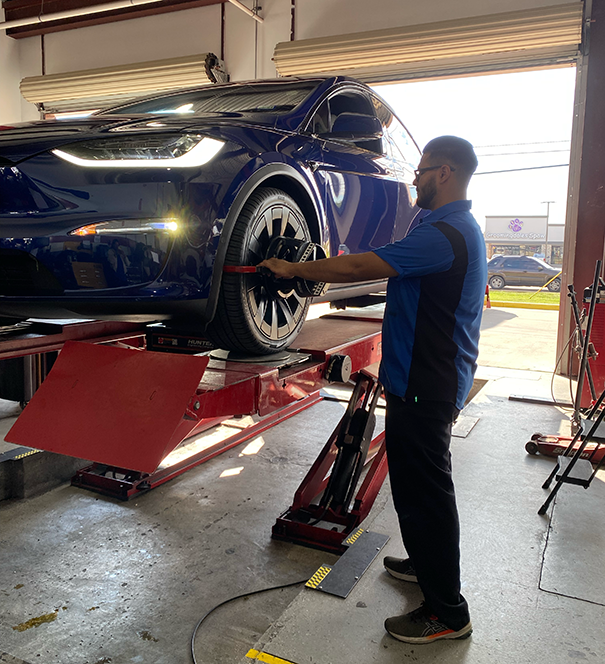
June 26, 2025
Wheel alignment is one of the most overlooked yet essential services your car needs to drive safely and efficiently. When your wheels are misaligned, everything from steering to fuel economy and tire life is affected. Your alignment controls how your tires contact the road. Misalignment occurs from everyday wear and tear, potholes, speed bumps, and minor accidents. And while the effects might not be immediately obvious, over time they can do real damage to your vehicle.
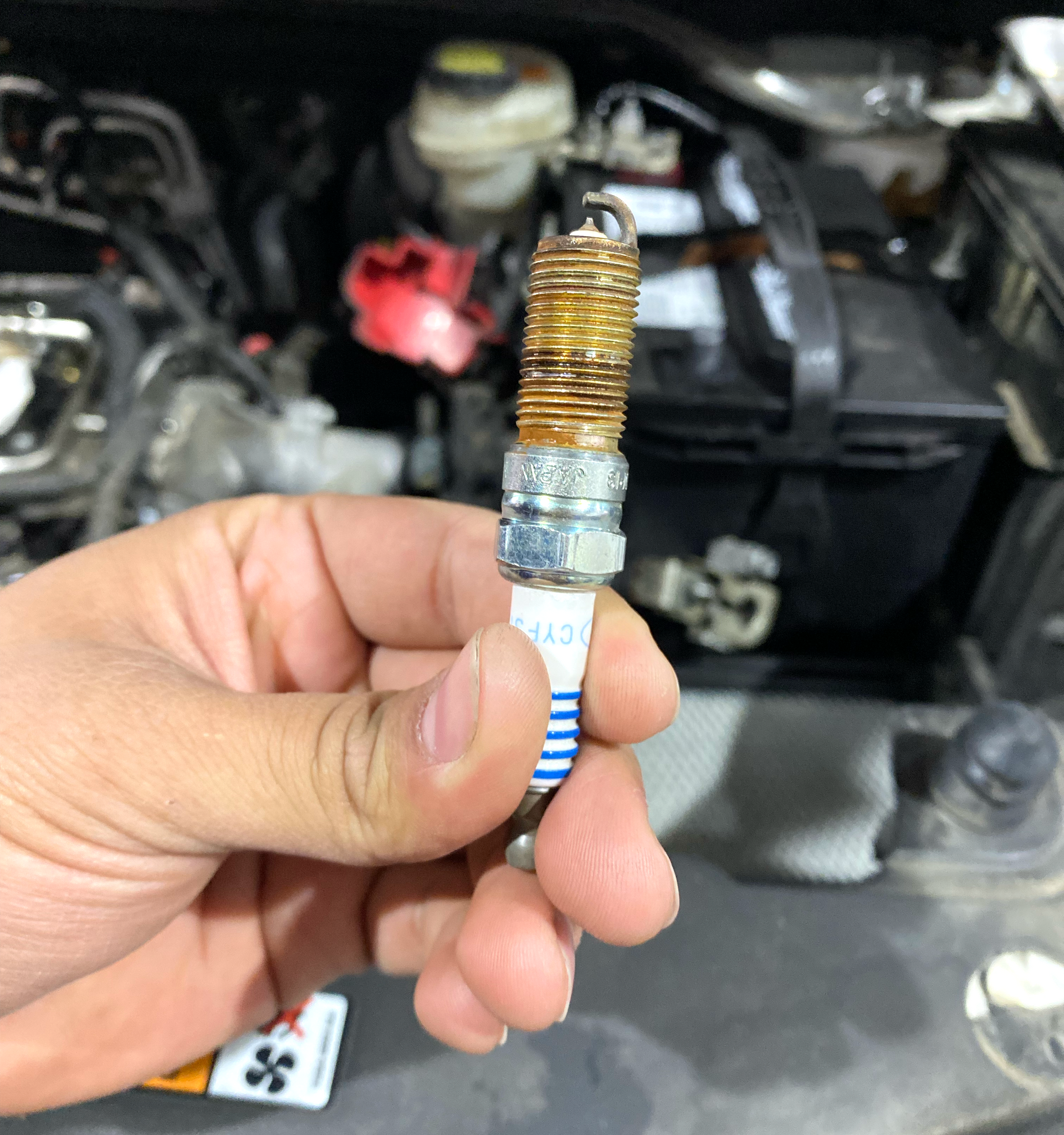
June 16, 2025
In today’s world of advanced engine diagnostics and high-tech vehicles, you might wonder: do cars still need tune-ups? The answer is a resounding yes. While the term "tune-up" has evolved, the purpose remains the same—to keep your car running smoothly, efficiently, and safely. At Elite Auto Experts in Northwest Houston, we know that modern vehicles may not need service as often as older models, but they still need maintenance to stay at peak performance. Here's why tune-ups are still essential and what they include in today’s automotive world.
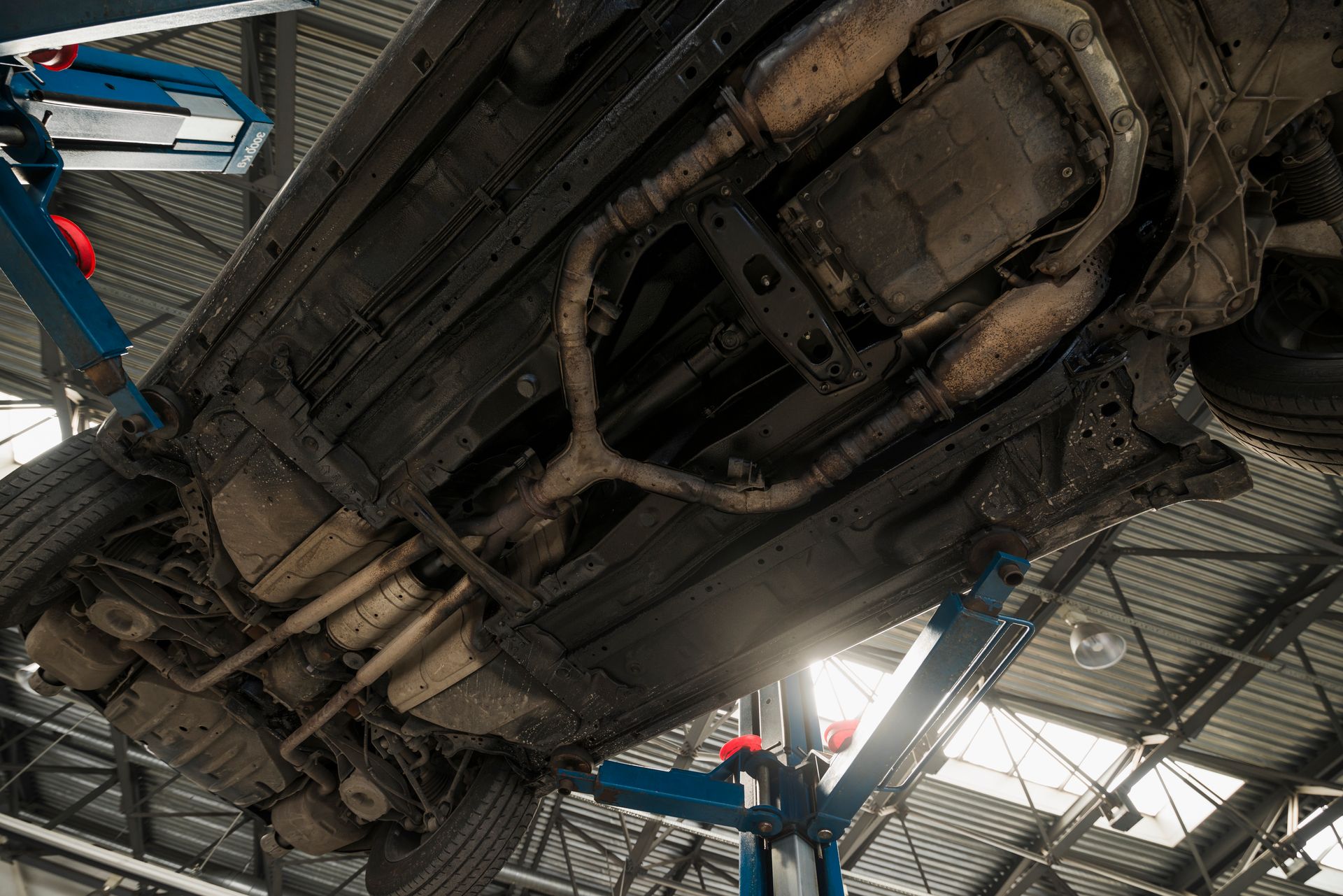
June 2, 2025
Learn why your vehicle’s exhaust system is vital to performance, safety, and efficiency—and discover the warning signs that it’s time for a professional repair. When you think about vehicle maintenance, oil changes and brake pads may come to mind—but don’t forget about your exhaust system . Often overlooked, the exhaust system plays a critical role in how your car performs, how safe it is to drive, and even how much fuel you burn. At Elite Auto Experts , we want drivers in Northwest Houston to know just how important your exhaust system is—and how to spot issues before they become dangerous or expensive.

May 28, 2025
Electric and hybrid vehicles are becoming more common on Houston roads—and they’re changing the way we think about vehicle maintenance. If you drive an EV or a hybrid, it’s important to find a repair shop that understands the unique systems under your hood. At Elite Auto Experts , our certified technicians are trained and equipped to service the latest electric and hybrid models with precision and care.

May 21, 2025
There’s nothing like a road trip to kick off the summer—and Memorial Day Weekend is one of the most popular times for families and friends to hit the highway. Whether you're heading to Galveston, Austin, or just a nearby getaway, one thing should always come first: your car’s safety and reliability . At Elite Auto Experts , we want you to enjoy your holiday weekend worry-free. That’s why we’re offering a FREE Road Trip Check-Up now through Friday—just in time to get you and your car ready for the road.
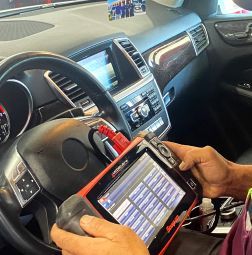
May 14, 2025
Don’t ignore your check engine light! Learn what it means, common causes, and how Elite Auto Experts in Houston offers a free diagnostic scan to keep your car running right. Your check engine light just turned on—now what? You might be tempted to ignore it, especially if your car still seems to run fine. But the truth is, that little warning light could be the start of a much bigger issue. At Elite Auto Experts , we’re offering a FREE check engine light scan so you can get answers fast—and avoid costly repairs later.
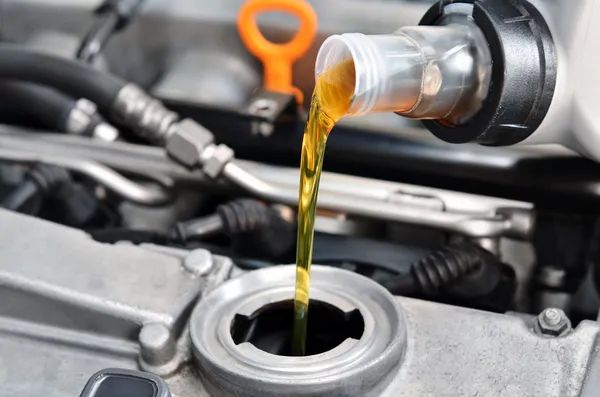
May 4, 2025
Traditionally, oil changes were recommended every 3,000 miles. However, thanks to advancements in engine technology and synthetic oils, many vehicles today can go 5,000–7,500 miles between changes. Still, it depends heavily on: Your driving habits (short trips vs. highway miles) Climate conditions (Houston heat, we see you ☀️) Your vehicle’s make and model The safest bet? Check your owner’s manual—or better yet, ask our experts at your next visit. Our team is trained to recommend the best maintenance schedule for your specific needs.

